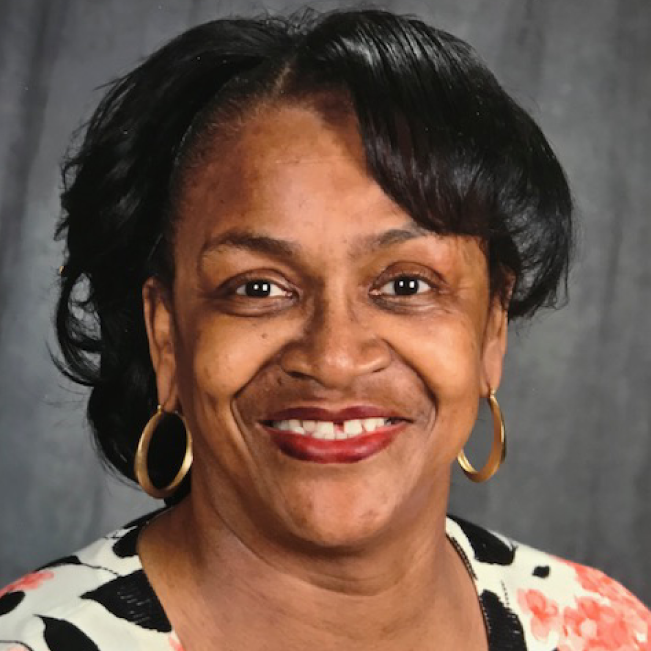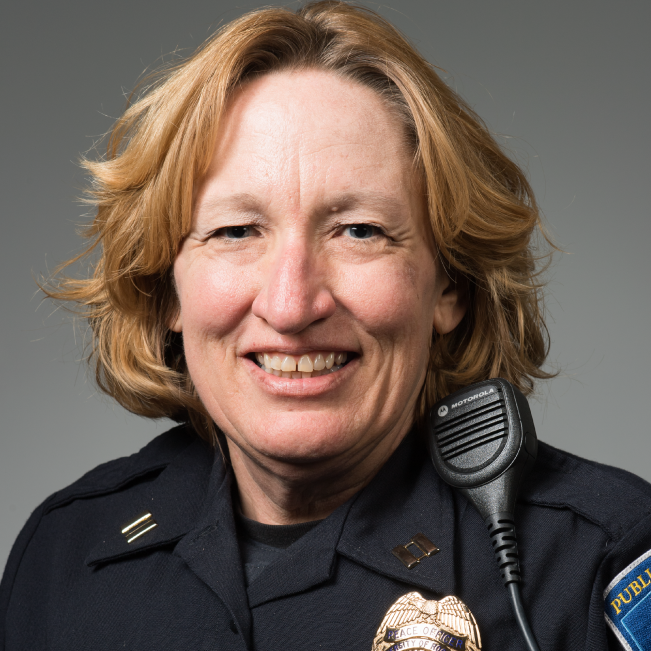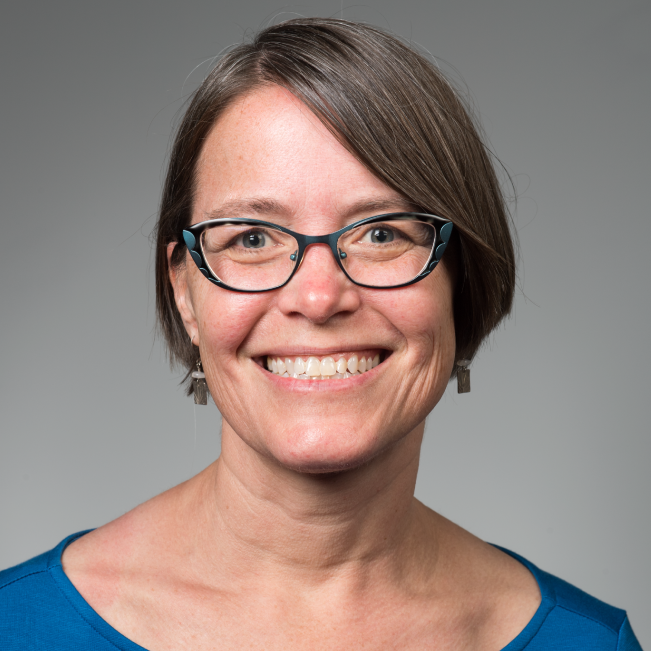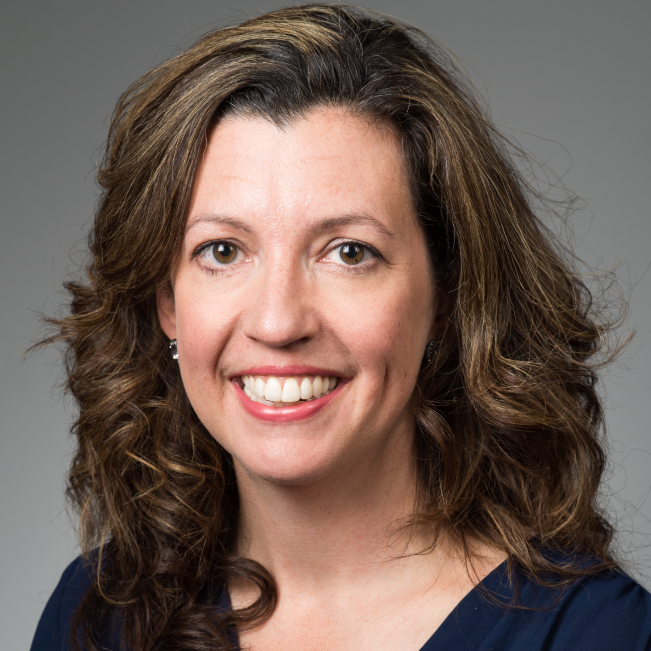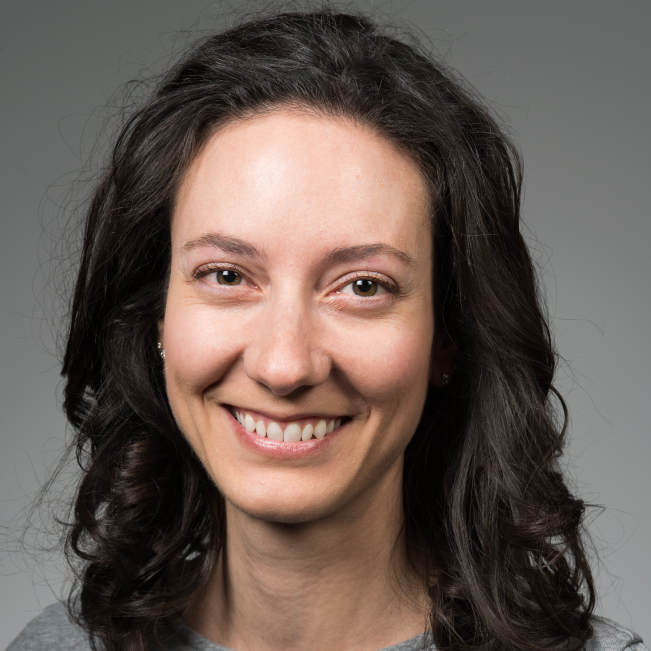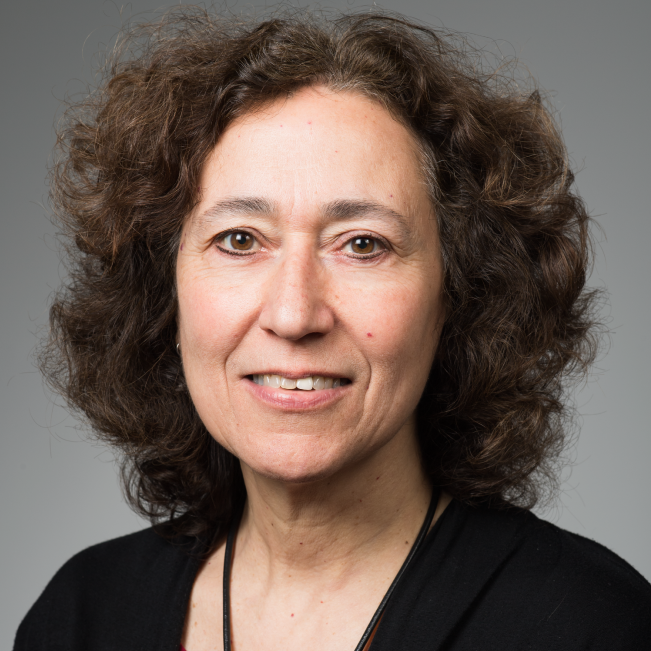Inclusive Climate Leadership Fellowship
FAQ
In 2018, the Provost’s Office and the Office for Faculty Development and Diversity announced a new fellowship program for staff and faculty aimed at building and embracing our diverse community.
The Inclusive Climate Leadership Fellowship (ICL Fellowship) is designed to:
- Further the development of sustainable educational, programmatic, and research interventions that foster an inclusive environment at the University
- Promote the careers of faculty and staff who are passionate about diversity, inclusion and cultural literacy
- Foster a more inclusive and embracing educational, service, and work environment at the University
The ICL Fellowship is a competitive two-year program open to staff and faculty at the University of Rochester who are passionate about incorporating diversity and inclusion into their UR careers. Generally, a cohort of 6 ICL fellows will be selected every 2 years. ICL fellows will spend 10% of their work time on the program, which includes a 3-hour monthly seminar series and completion of a capstone/action project. ICL Fellows will receive a stipend including salary relief for the sponsoring unit and funding for project expenses and relevant travel. Part-time employees will be considered on a case-by-case basis. The capstone/action projects are meant to create sustainable change that facilitates a more inclusive climate in the university. Examples of projects include programs, curricular changes, community outreach and organizational processes. Topics can include a broad range of diversity and inclusion projects, including (but not limited to) a focus on: race, cultural diversity, ethnicity, disability, gender, LGBT, veterans, socio-economic status, and global engagement.
In this program, ICL fellows work closely with their cohort and experts in diversity and inclusion to:
- Design and implement novel organizational or educational programs or interventions that promote diversity and inclusion
- Develop skills in leadership, professional development and mentoring
- Develop research skills and complete high-quality research designed to result in institutional change
- Learn theoretical foundations of organizational change and social justice, teaching methods and curriculum development
- Meet leaders from around the university to learn about organizational structure
Meet the Fellows
-
Precious Bedell
Research Coordinator II
Department of Psychiatry, Medical Center
The Diversity and Inclusion Mentoring Project
Bedell’s goal is to offer students and justice-involved community residents a community engagement/collaboration learning project that will provide a sense of community healing. The ultimate aim is to develop a reciprocal mentoring program that increases positive social supports to students who will serve as mentors and in turn, increase support and resources for the justice-involved mentees.
-
Cynthia Coates
Captain
Department of Public Safety
Mentoring Project
Coates is developing a mentoring project within Public Safety to give new officers, particularly those from underrepresented populations, the support, guidance, and resources they need to succeed on the job, enjoy their careers, and earn promotions. She hopes the project will serve as a model for mentoring at the University.
-
Kara Finnigan
Professor
Warner School
Building Diversity and Inclusion into the University’s Efforts to Positively Impact Our Community
Finnigan is establishing cultural competencies for University faculty and staff embarking on community-engaged projects and also create a campus awareness campaign about Rochester’s anti-poverty efforts.
-
Molly Jolliff
Director of International Student Engagement
Arts, Sciences & Engineering
Global Ready
Jolliff is launching the “Global Ready Program and Citation” in the College to develop global citizens by encouraging students to deeply and thoughtfully engage cross-culturally. Students pursuing this citation will choose from a variety of designated in and out of classroom experiences that will culminate in a capstone course designed to foster intercultural development.
-
Annabelle Kleist
Director
Teen Health & Success Partnership
Supporting University Supervisors to Create an Inclusive Climate for Low-Wage Staff
Through a partnership with Hillside Work-Scholarship Connection, Kleist is focusing on teenage employees at the University and their supervisors, aiming to improve the inclusiveness of their work climate to better support career advancement and success.
-
Caroline Nestro
Associate Director
Office of Mental Health Promotion & Associate Clinical, Administrator for Patient Engagement, Medical Center
Inclusion: An Essential Condition for Service Employees to Flourish in an Academic Institution
Nestro is advocating for a fully inclusive climate at Medical Center for environmental service, food and nutrition service, and unit secretary coworkers by capitalizing on the results of her doctoral study.
-
Robert Thompson-Stone
Assistant Professor of Neurology and Pediatrics
Medical Center
PreDoc Program: Repairing the Leaky Pipeline
Thompson-Stone is creating a longitudinal program to promote exposure and interest in academic medicine for high school and college-level students from backgrounds that are historically underrepresented.
Goals
Upon completion of the program, ICL Fellows will have conducted an action project designed to create sustainable change that facilitates a more inclusive climate in the university, and will also have acquired new skills in diversity, inclusion, and leadership. This project must ultimately benefit the diversity and inclusion mission of the University and amplify current activities in the sponsoring department or unit.
Criteria for Selection
- The quality and potential impact on UR of the proposed project.
- The applicant’s commitment to diversity and inclusion as part of his/her anticipated career trajectory.
- The applicant’s willingness to serve as a mentor for future ICL fellows and other faculty and staff members.
- The project mentor’s commitment to the potential fellow and programmatic, educational, or research experience in the domains of diversity and inclusion
- The project must ultimately benefit the diversity and inclusion mission of the University, and must amplify current activities.
Stipend
An annual stipend of up to $12,000 will be available for each ICL fellow, including up to $8000 for salary relief for the sponsoring unit and $4000 for the fellow. Salary stipends can help offset the cost to the sponsoring unit, but may not exceed the cost of 10% of the fellow’s salary and benefits. The $4000 stipend for the fellow may be used for project expenses and relevant travel.
Monthly ICL Seminar Series
Seminar series will include time for ICL fellows to talk about their projects with other fellows and to get feedback from program faculty. Sample topics for monthly seminars include:
| Career Development | Research Skills | Educational Practice | Assessment, Feedback | Social Justice |
• Leading through influence
• Emotional intelligence
• Time management
• Harnessing conflict
• Working in teams
| • Study design
• Qualitative research
• Mixed methods
• Working with a statistician
• Getting published
| • Teaching and assessing systems based practice
• Course and curricular design
• Curricular change
• Appreciative inquiry
• Teaching in culturally diverse settings
| • Giving feedback
• Mentoring and advising
• Assessment and comprehensive assessment
• Seeking and writing letters of recommendation
• Program evaluation
| • Cultural Competence
• Structural racism
• Unconscious bias
• Inclusion theories
• Safe Space training
|
How to Apply
The first cohort has been selected and will complete their projects 2018-2020. When we are accepting applications, we ask applicants to complete the application form online and send any questions to Maggie Cousin at Maggie.cousin@rochester.edu
Timeline
December 14, 2017: Announcement
January, 2018: Call for applications
February 5, 2018: Information session
March 19, 2018: Applications due
March, 2018: ICL Fellowship Advisory Board meets to make selections
April, 2018: New ICL Fellows notified
July 1, 2018: First cohort will begin the ICL Fellowship
Information Session
There was an informational session for those who were interested in applying for the ICL Fellowship on February 5, 2018 in Rush Rhees Library, Humanities Center, Room D, from 2-3pm.
Selection Process
Applications will be reviewed and the Fellows selected by the ICL Fellowship Advisory Board, which generally meets in March. Fellows will be notified in April, and those selected for the program will meet with their mentors and the director of the ICL Fellowship Program in June/July to anticipate challenges and make modifications to enhance the likelihood of success for the project.
ICL Fellowship Advisory Board
Vivian Lewis, MD Vice Provost for Faculty Development and Diversity and ICL Fellowship Director
Kevin Beckford, Director of Staff Diversity and Inclusion
Maggie Cousin, Assistant Provost for Faculty Development and Diversity
Jane Gatewood, PhD, Vice Provost for Global Engagement
Stuart Jordon, PhD Faculty Director, Center for Excellence in Teaching and Learning
Maggie H. Kearney, PhD, RN, FAAN, Vice Provost and University Dean for Graduate Studies
Cheryl M. Kodjo, MD, MPH., Associate Dean/Student Advising at the school for Medicine and Dentistry, and Associate Professor – Department of Pediatrics, and Dean’s Teaching Fellow Alumna
Kit Miller, Director of the M.K. Gandhi Institute for Nonviolence
For more information
Dr. Vivian Lewis and Maggie Cousin are available to discuss and help applicants refine proposals prior to applying, and also to help potential fellows identify a mentor.
Vivian Lewis, MD
Vice Provost for Faculty Development and Diversity
585-273-2760
Administrative Assistant: Christine Federation
Maggie Cousin
Assistant Provost for Faculty Development and Diversity
136 Wallis Hall; Box 270016
585-275-0792
Maggie.cousin@rochester.edu

